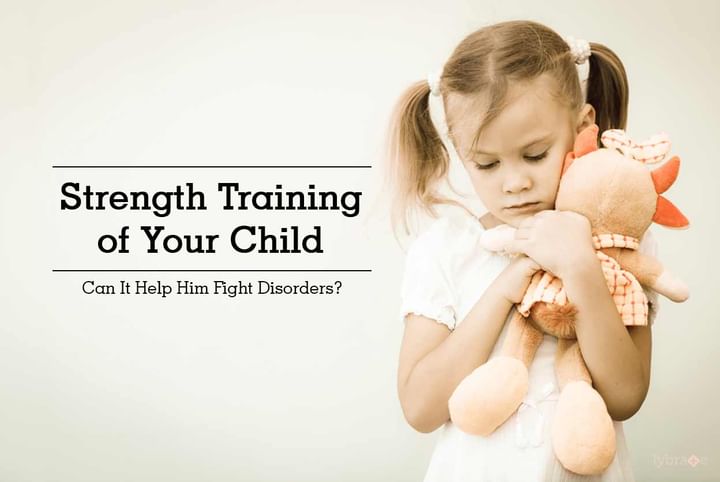Strength Training of Your Child - Can It Help Him Fight Disorders?
Child care is often one of the crucial aspects that have to be given due consideration during the growth of a child. Children now are susceptible to a variety of impairments, and even though there are medications and treatments to take care of their needs, they would still require a personal touch. This is where pediatric physiotherapists come in. Their primary job is to work with people of different ages from premature babies to young adolescents to ensure that they interact optimally and address their development stages. Like any physiotherapist, they are also concerned with the movements of the child, their postures and their coordination with the outside world. Let us have a look at their profession in depth.
Role of Pediatric physiotherapists
The major role of the pediatric physiotherapist would be to assess the child and make a detailed physiotherapy plan according to his/her needs. They are also required to work in close collaboration with parents, teachers, doctors and other health care professionals. Based on the length and the gravity of the treatment, it can either be done at home or at the designated health care centers. Some of the conditions they address can include:
- Cerebral palsy
- Developmental delay
- Visual handicaps
- Premature babies
- Postural problems
- Respiratory problems such as asthma
They also give across treatments in older children for:
- Brain injury and spinal injury
- Neurological diseases
- Post trauma injuries, such as fractures, sports injuries
- Burns and plastic surgery
- Limb deficiency conditions
- Chronic pain
The Challenges:
Their major focus would be in imparting guidance for the movement that the child might be hampered with. Since children would not be having the necessary control to fight a disease, they can also focus on strength training in a child. They can also slowly groom up your child to let them feel at ease with the physical world. Most of the exercises and session would focus on one critical issue their confidence level. Pediatric physiotherapists would always concentrate on this aspect, apart from the training. They always encourage the children to take part in a wide variety of activities and will also groom them to be independent. Also in older children when they have the capacity to understand, the pediatric physiotherapist should always inform the child about his/her physical nature and that there is nothing wrong with him. The more open they are to the child, the more the child would reciprocate.
There are also many medications and physical treatment plans that can be given when the child is undergoing the therapy. These can include wheelchair assist, walkers or canes. Most of the children who are affected by the conditions may also have a poor development of their vision. The pediatric physiotherapist should liaise with the ophthalmologist to take care of their needs as a sense of right vision can sometimes go a long way in how the child responds to a treatment. They also have an added commitment of making the child respond to a treatment in which he/she is comfortable in. If you wish to discuss about any specific problem, you can consult a Physiotherapist.



+1.svg)
